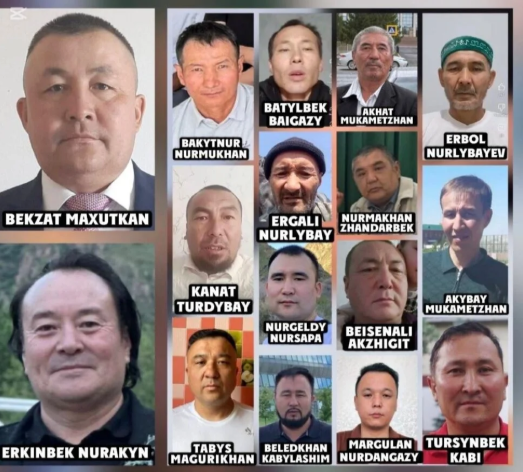China’s Shadow Over the Conclave: Two Bishops Appointed Without Vatican’s Approval
- info775148
- 5. 5.
- Minut čtení: 2
During the “sede vacante,” no new bishop can be designated in the Catholic Church, as only the Pope can do it. Yet, Beijing “elected” new bishops in Shanghai and Xinxiang.
May 5, 2025

One of the most problematic aspects of Pope Francis’ legacy is the Vatican’s relationship with China, which I discussed in “Bitter Winter” after the Pontiff’s death. Different assessments of the Vatican-China deal of 2018 exist, but one fact is that Beijing keeps violating it.
The 2023 situation regarding the new bishop of Shanghai, the most significant diocese in China, illustrates this issue. The Holy See officially reported that it had discovered Bishop Shen Bin had been transferred to Shanghai “from the media.” To uphold the agreement, the Pope legitimized Bishop Shen Bin “ex post,” and the Vatican even invited him to a conference in Rome.
A similar situation arose with Bishop Ji Weizhong, who, according to a statement from Chinese authorities on July 19, 2024, was “elected” as the bishop of Lüliang. The diocese of Lüliang, whose creation Beijing had requested, did not even exist at that time. In this case, Francis’ Vatican “remedied” the situation by announcing its recognition of the new diocese and bishop on January 20, 2025, the date when he was publicly consecrated.
No new bishop is appointed in the Catholic Church between a Pope’s death and his successor’s election. Only the Pope can do this, and there is no Pope.
China, however, decided to appoint two new bishops during this period, called “sede vacante” in the Vatican’s jargon. As reported by “Asia News” and confirmed to “Bitter Winter” by local sources, both in Shanghai and Xinxiang, Henan, the authorities informed Catholics that new bishops had been appointed. The process likely started before Pope Francis’ death, but it could and should have been paused due to the situation of “sede vacante.”
It wasn’t. As usual, assemblies of priests, nuns, and laypeople were summoned, which invariably “confirm” the CCP’s choices. Vicar General Wu Jianlin was chosen as a new Auxiliary Bishop in Shanghai. In the Diocese of Xinxiang, Father Li Jianlin was appointed bishop, even though the diocese has an “underground” bishop, 67-year-old Joseph Zhang Weizhu. Both Wu and Li are known as staunch CCP loyalists. In 2018, Wu was elected as a member of the 13th National Committee of the Chinese People’s Political Consultative Conference, China’s top political advisory body.

What actions will the new Pope take? He might follow Francis’ approach and reluctantly endorse the appointments retroactively to maintain a positive relationship with China. Or he can take the opportunity to call for a revision of how the agreement is implemented. By going on with the appointments, China is trying to force the conclave to accept that the CCP’s interpretation of the agreement, giving it the power to choose the bishops and asking the Pope to simply ratify Beijing’s choices, is definitive and irreversible. Perhaps this is one among many matters the cardinals will consider when electing Francis’ successor.
Source: bitterwinter.org









Komentáře